If life is a computer simulation does that solve the issue of evil?
If, like ‘The Matrix’, we exist in a computer simulation, does that solve the philosophical issues of good and evil? Barry Dainton writes
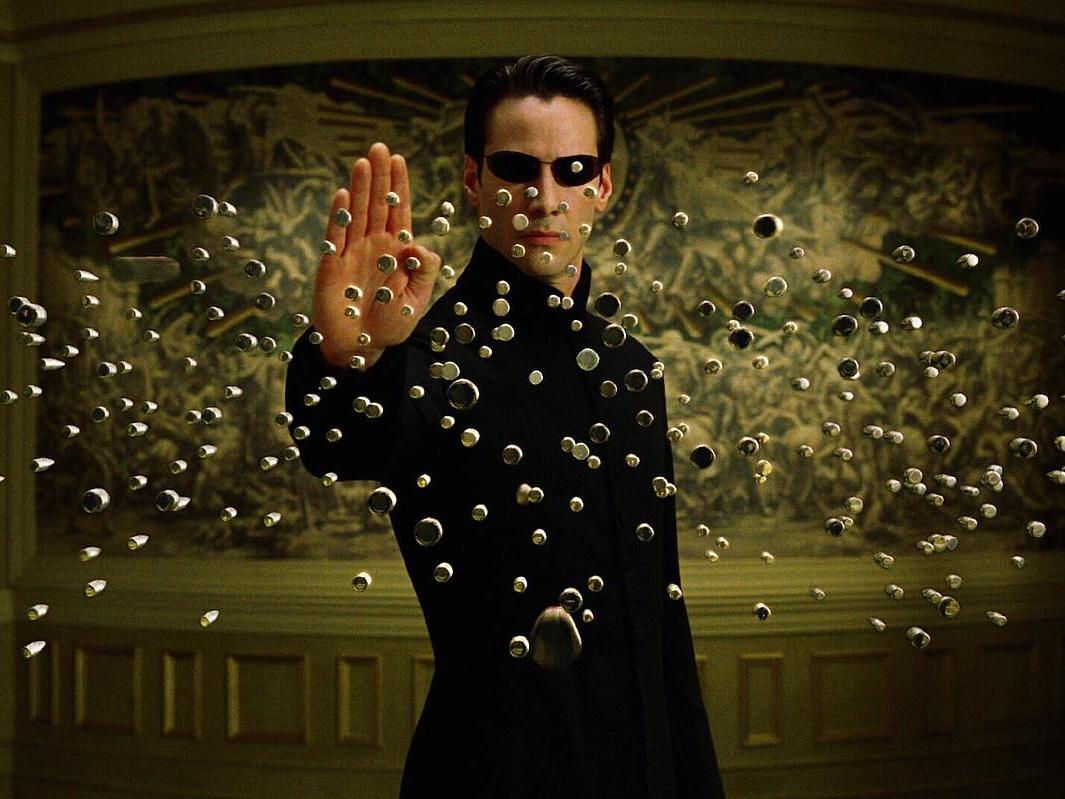
Your support helps us to tell the story
From reproductive rights to climate change to Big Tech, The Independent is on the ground when the story is developing. Whether it's investigating the financials of Elon Musk's pro-Trump PAC or producing our latest documentary, 'The A Word', which shines a light on the American women fighting for reproductive rights, we know how important it is to parse out the facts from the messaging.
At such a critical moment in US history, we need reporters on the ground. Your donation allows us to keep sending journalists to speak to both sides of the story.
The Independent is trusted by Americans across the entire political spectrum. And unlike many other quality news outlets, we choose not to lock Americans out of our reporting and analysis with paywalls. We believe quality journalism should be available to everyone, paid for by those who can afford it.
Your support makes all the difference.Pandemics and natural disasters cause pain and suffering to millions worldwide and can challenge the very foundations of human belief systems. They can be particularly challenging for those who believe in an all-knowing and righteous God. The Lisbon earthquake of 1755, for example, shook the previously unquestioned faith of many and led Voltaire to question whether this really could be the best of all possible worlds.
When the Spanish flu struck in 1918, some chose to see it as divine punishment for the sins of mankind and looked to prayer, rather than science, for salvation. Notoriously, the Bishop of Zamora resisted calls from the Spanish authorities to close his churches and instead insisted on holding additional masses and processions.
From a theological standpoint, natural disasters and pandemics inevitably raise the profile of the long-standing and much-debated “problem of evil”. Here is philosopher Galen Strawson’s take on the problem:
We can, for example, know with certainty that the Christian God does not exist as standardly defined: a being who is omniscient, omnipotent and wholly benevolent. The proof lies in the world, which is full of extraordinary suffering…belief in such a God, however rare, is profoundly immoral. It shows contempt for the reality of human suffering, or indeed any intense suffering.
But suppose the person who was directly responsible for creating the world wasn’t God but some far lesser, far more fallible being. Someone more akin to an ordinary human engineer or scientist – or even a movie director or video-game designer. Let us further suppose that the diseases and disasters that can be found in the world are all the result of design choices, freely made by this non-divine designer of worlds.
This may seem fantastically far-fetched. But in the realm of physics just these kinds of scenarios are being played out as scientists work on the complex mathematics behind lab-created “pocket universes” and tech leaders, such as Elon Musk, explore the potential of brain-machine interfaces.
It’s also important to appreciate that if this were the case, then for many theists God could no longer be blamed for much of the suffering that exists in our world and the problem of evil would be largely solved.
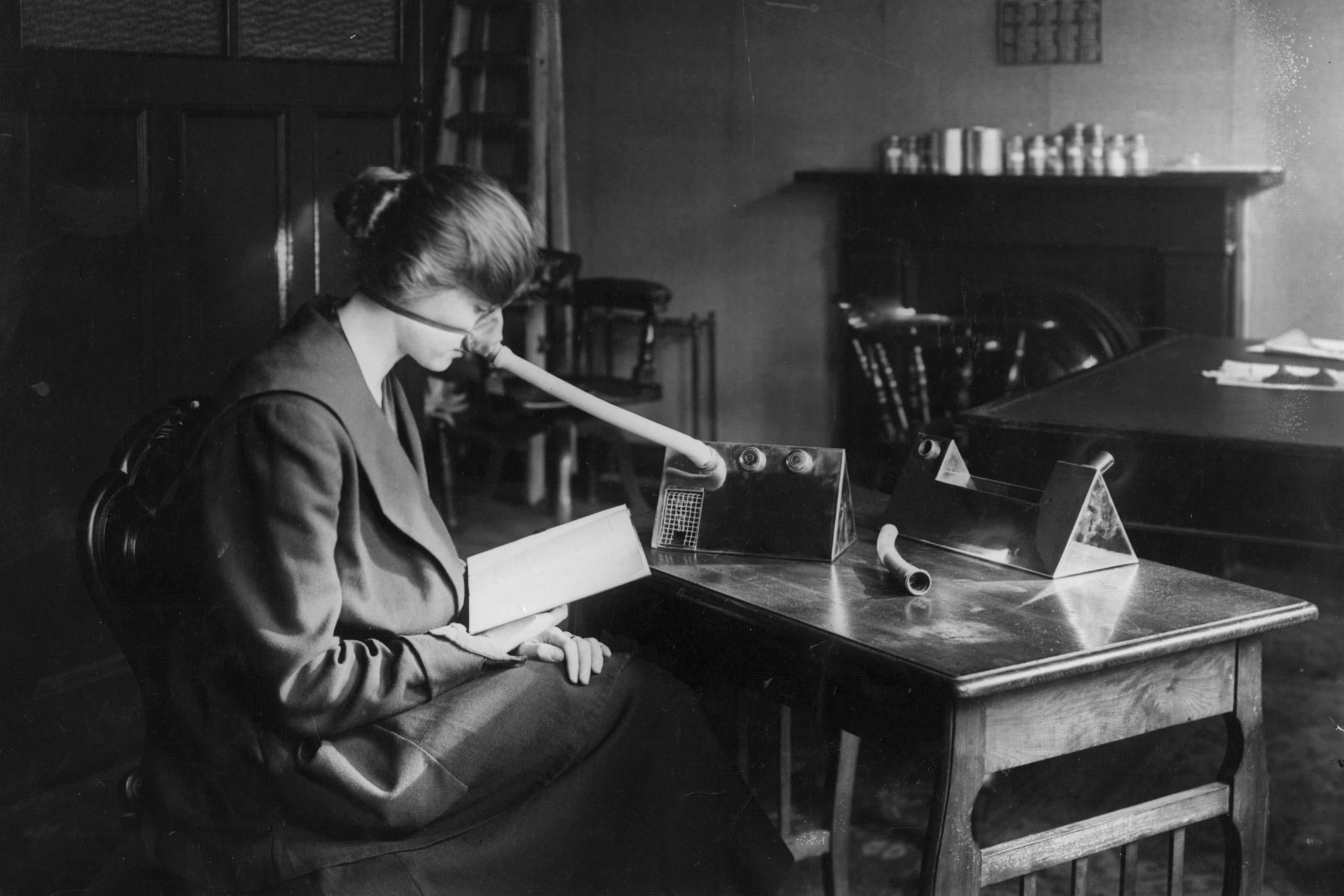
Why? Because for theists, human beings are creatures of a very special sort: thanks to our God-given free will we have the ability to choose whether we act well or badly. And, generally speaking, God does not interfere with these choices or their consequences. If a free agent acts appallingly (committing murder, rape or genocide), the resulting “moral evil” is to be greatly regretted, but God should not be blamed. The fault lies entirely with the person who freely chose to act in this way.
Morality and free will are deeply intertwined. If someone does something very wrong, they aren’t morally at fault if they only acted in that way because they were hypnotised or brainwashed. Similarly, if someone performs a good act (giving food to a starving child, say) but only did so because a gun was pointed at their heads, they are not morally praiseworthy.
Most religious believers hold that humans have the capacity to make free choices. They also believe that anyone who chooses to do the right things can expect to be rewarded by God, whereas those who act wrongly can expect to be punished. For this to be possible God has to not only provide us with free will, but he also has to allow us to carry out those actions we freely choose to perform – the bad ones included.
This “free will solution” to the problem of evil has been a mainstay of theology since it was elaborated by St Augustine more than 1,500 years ago. From the theological perspective, the “natural evils” pose a far more intractable problem. These include all the vast amounts of suffering caused by diseases, earthquakes and floods along with the agonies suffered by animals. As normally construed, these sources of suffering are not moral evils, since they are not the result of freely chosen human actions.
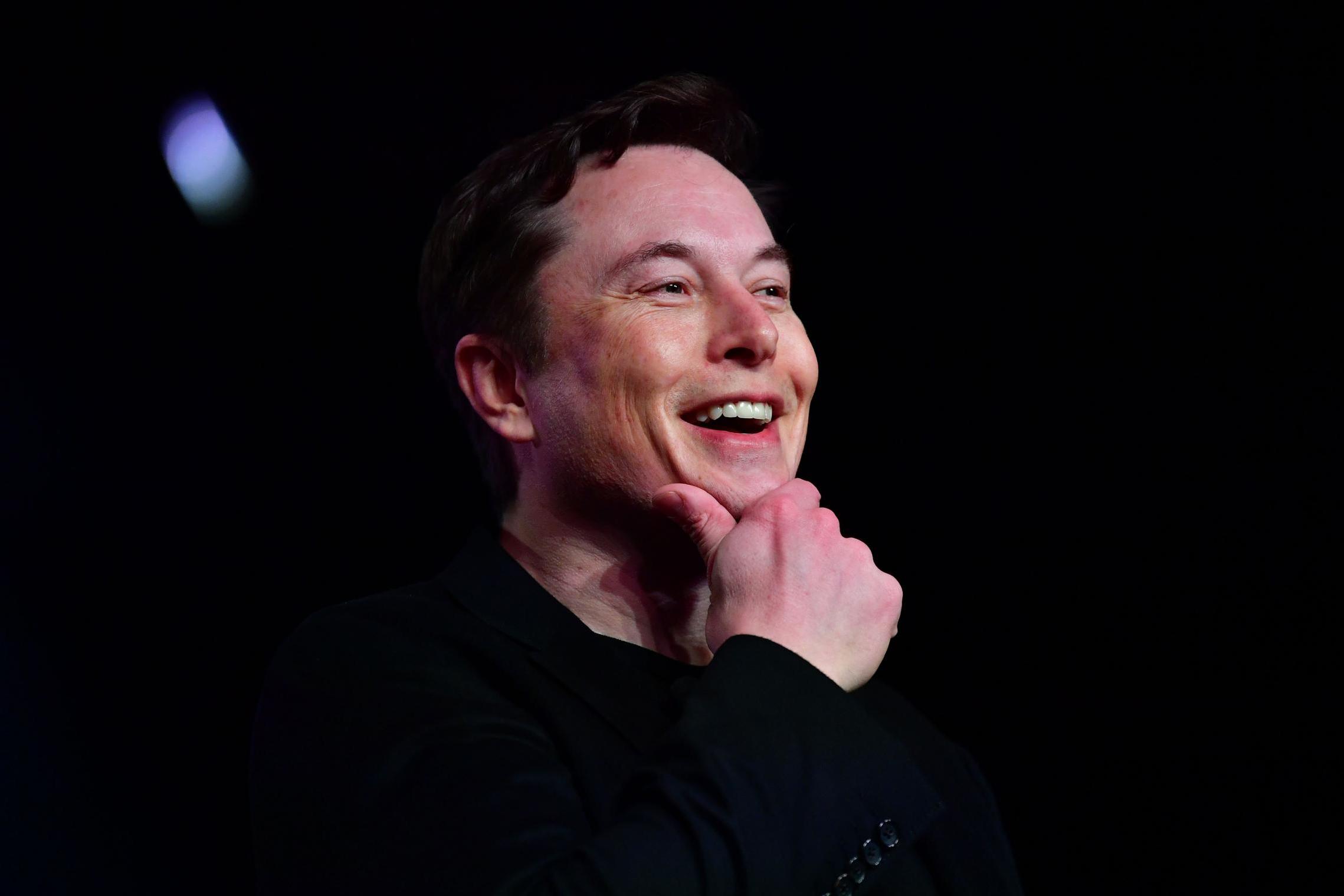
Hence the problem posed by such evils for anyone who believes that God created our world. Couldn’t a creator that is truly all-powerful, all-knowing and good have made a much better job of it? In fact, wouldn’t it have been quite easy for God to ensure that the world contains far fewer natural evils? A few tweaks to human DNA would provide immunity to cancer. A slightly different tweak would provide immunity to viruses. When designing the animals, an all-powerful God would not need to rely on the incredibly slow and imperfect method of evolution by natural selection – a process that inevitably results in vast amounts of pain and suffering.
Perhaps in reality humans are all characters living inside something akin to a vast multi-player online video game, running on a super-powerful computer
On the other hand, if the maker of our world was not all-powerful, or all-knowing, or as good as it’s possible to be, then it’s not surprising to find ourselves living in the sort of world we do.
Alternate realities and bubbles
As for why we should take seriously the idea that there can be makers of worlds who are less than divine, there is no shortage of relevant scenarios to be found in science, science fiction and philosophy.
Among the obstacles that Cern had to overcome when constructing the Large Hadron Collider (the very large and powerful machine that discovered the Higgs boson in 2012) was persuading a worried public that running the collider would not create a mini-black hole that would escape the confines of the lab and go on to consume the entire planet. Although there was no real danger of this happening, such worries were by no means entirely groundless.
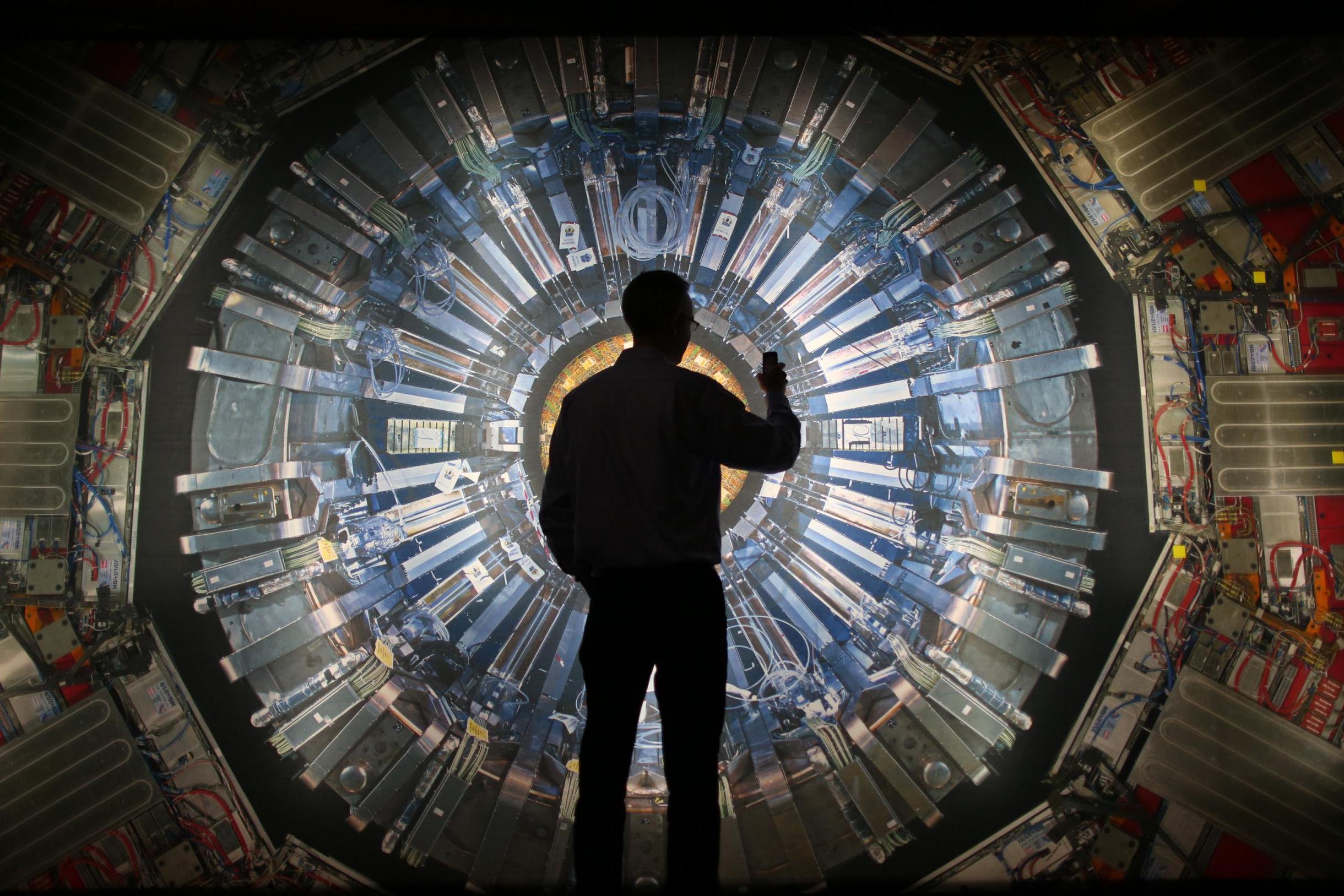
As long ago as the 1980s and 1990s, Alan Guth and Andrei Linde (respected physicists and pioneers of the now widely accepted inflationary cosmology) raised the possibility that scientists might soon be able to create “bubble” or “pocket” universes in a laboratory. Initially sub-microscopic, the newly created bubble universe rapidly expands and soon constitutes a full-scale cosmos in its own right. These new universes create their own space and time as they grow, so they take up no room at all in our world and pose no threat to us.
The energy driving the expansion of the envisaged pocket universes derives from the same inflationary field that cosmologists believe was responsible for an explosive expansion in our own universe that took place shortly after the big bang. During this brief period, the scale of the universe’s expansion was enormous, it got trillions of times bigger in little more than an instant. But since the negative energy perfectly cancels the positive energy of the matter being created, no energy conservation laws are infringed. As Guth is fond of remarking, the universe is the ultimate free lunch.
Various methods for creating universes in labs have since been proposed, including compressing a few grams of ordinary matter into a very small volume to create small black holes and deploying stable magnetic monopoles to create exotic spacetime structures. Precisely controlling the physical laws that govern the worlds created by these methods will not be easy. But physicists have not ruled out the possibility of fine-tuning their basic physical constants to render them more capable of sustaining the complex structures needed for life.
Even if creating such universes requires knowledge and technology that we do not currently possess, a scientifically more advanced civilisation could easily possess what is required. Hence Linde’s playful quip: “Does this mean that our universe was created, not by a divine design, but by a physicist hacker?”
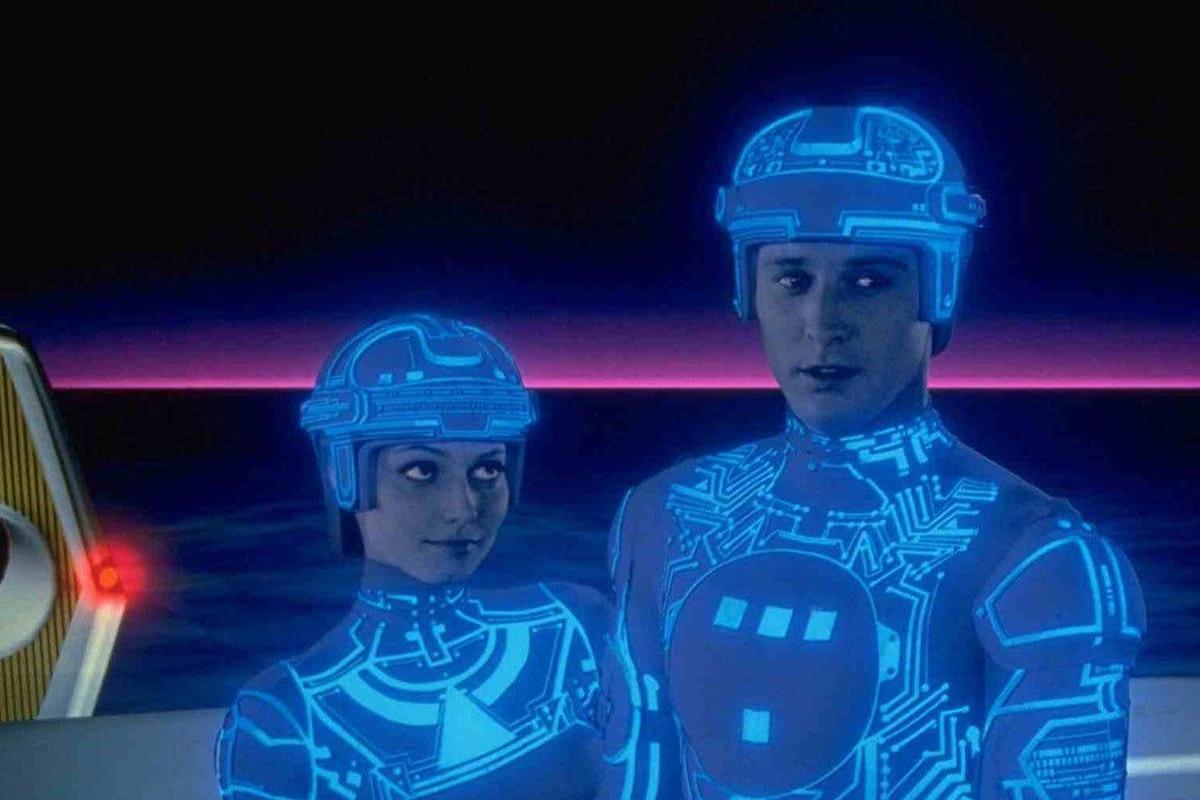
This is one potential route to creating an entire world. But there are other possibilities, too. Perhaps, in reality, humans are all characters living inside something akin to a vast multi-player online video game, running on a super-powerful computer.
By the 1980s and 1990s, science fiction writers such as Iain M Banks, Greg Bear and Greg Egan had started to explore the fictional possibilities of wholly computer-generated virtual realities in impressive depth and detail. The inhabitants of these worlds might seem to have ordinary physical bodies and brains, but like everything else in these worlds, their bodies and brains were virtual rather than physical, existing only as data flowing through a computer’s innards.
The 1982 Disney production Tron was an early movie depiction of this sort of wholly computer-generated virtual world. The human protagonists are converted into data (or “digitised”) by a specially adapted laser beam, which allows them to embark on adventures in a digital virtual reality. The movie’s ground-breaking computer-generated imagery may be unremarkable by contemporary standards, but they are vastly more sophisticated than those found in the early video game Pong, one of the main inspirations for the movie.
In 2003, the philosopher Nick Bostrom published his much-discussed “simulation argument”, the upshot of which is that not only are Tron-style virtual worlds perfectly possible, there is a significant probability that we are living in one. Bostrom’s initially surprising conclusion is based on some by no means implausible assumptions regarding the computational capacity that future computers are likely to possess (astonishingly vast, it turns out).
The science and technology needed to undertake this kind of world-making will be more advanced than anything we possess at present
If we do exist inside a computer simulation, then since we are all conscious (at least while we’re awake) it must be possible for a computer to generate the kinds of experiences we are enjoying right now. If consciousness required a biological brain, Bostrom’s simulation scenario wouldn’t get off the ground. But science fiction writers were not the only people to be impressed by the arrival of computers.
In the 1970s and 1980s, increasing numbers of philosophers came round to the view that conscious mentality is not essentially biological in character. Slogans such as, “mind is related to brain as software is related to hardware” seemed very plausible, not only to philosophers, but to psychologists and neuroscientists too. If mentality is essentially a matter of information flow (as the computer analogy suggested) then anything could possess a mind, provided it processes information in the right sorts of ways. And computers seemed at least as well suited to this task as a biological brain.
Less radical forms of virtual worlds are also possible, and The Matrix movies provide a well-known example. In this scenario, most humans find themselves living somewhere that seems similar to contemporary Earth. In reality, their entire environment is, in effect, a communal mass hallucination – a wholly virtual world produced by a powerful computer hooked into people’s brains via a neural interface. But it doesn’t seem like that: the virtual world seems just as real as our world.
Smaller-scale variants of this scenario are also possible. Instead of an entire planetary population being simultaneously plugged into the same virtual world, just a few people are. Perhaps you are a 22nd-century schoolchild, enjoying a virtual lesson supplied via a tiny but highly sophisticated neural interface, spending a bit of time learning what it was like to be an early 21st-century person leading a perfectly ordinary life. In an hour or so your lesson will finish and your version of the 21st century will come to an end.
A video game? Seriously?
A Matrix-style brain-computer interface is capable of controlling every aspect of a subject’s sensory consciousness down to the smallest detail. If it weren’t, it wouldn’t be able to supply a completely lifelike total virtual reality experience, involving vision, hearing, smell, taste and touch. Society does not possess anything close to this kind of technology at present. But there is every reason to believe it is possible, in principle, and rapid advances are already being made.
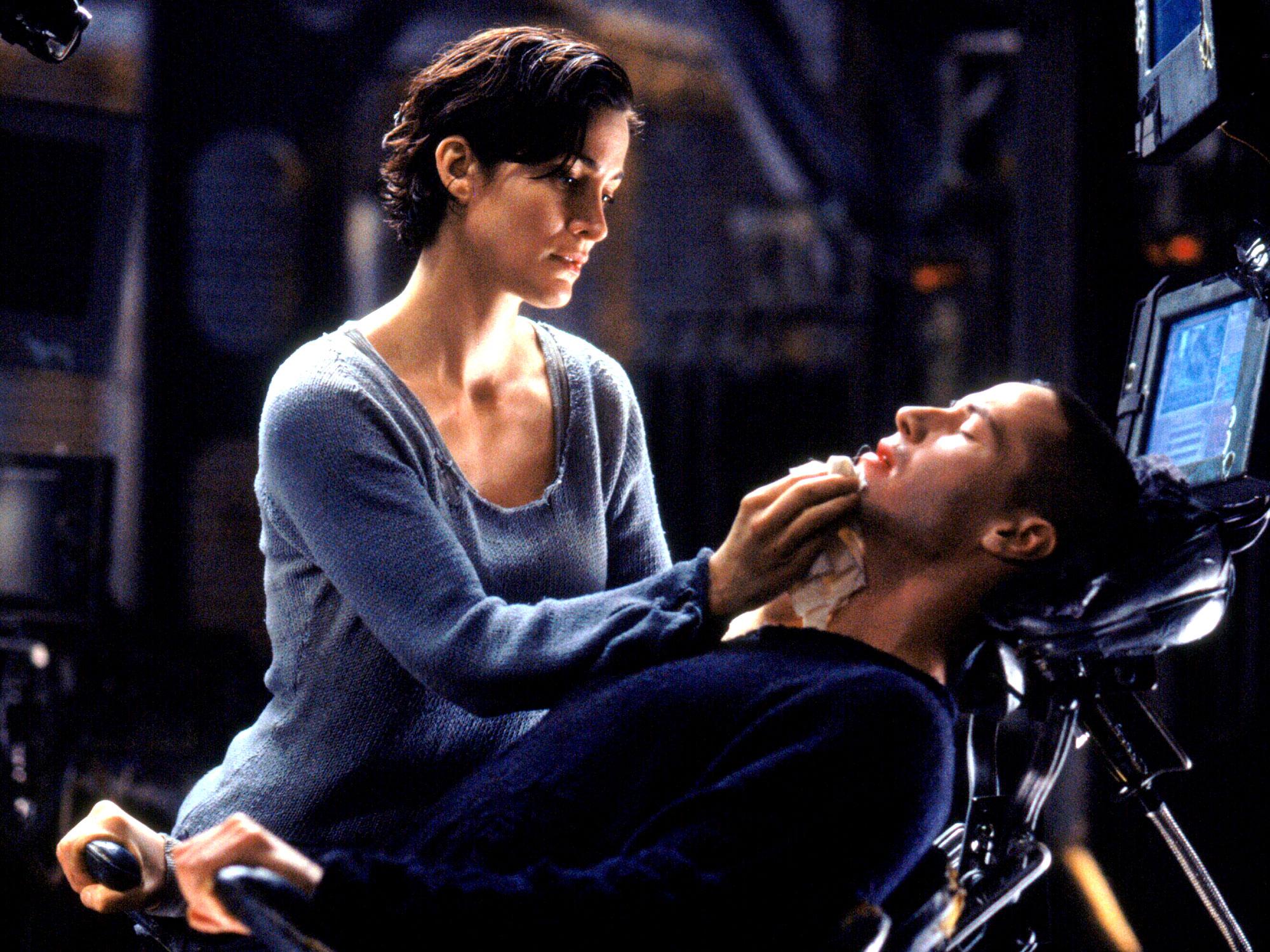
The Pentagon’s Defence Advanced Research Projects Agency made headlines in 2017 when one of its neural interfaces allowed a paralysed woman to control a jet plane in a flight simulator. More recently, Elon Musk’s Neuralink start-up announced that it had designed a neurosurgical robot capable of inserting 192 electrodes a minute into a rat’s brain without triggering bleeding and experiments involving humans are expected to begin soon.
The science and technology needed to undertake this kind of world-making will be more advanced than anything we possess at present, but not by enormous or inconceivable margins. These are technologies we might reasonably expect to develop within a century or so – perhaps sooner.
In any event, the capabilities of these world-makers evidently fall far short of the capabilities of the omniscient, omnipotent and wholly benevolent God of traditional theism. Given the world’s many and varied imperfections, if there is a creator at all, doesn’t it seem more reasonable to suppose that it is of the non-divine variety? Someone more akin to the physicist hacker envisaged by Linde, or the virtual-reality programmers envisaged by Bostrom?
Adopting this hypothesis does not mean the theistic God is entirely redundant – far from it. Theists can still be confident that God is the ultimate creative force in the cosmos. Maybe it was God who brought the primordial cosmos into existence and furnished it with natural laws that allowed its less-than-divine inhabitants to develop the capability of acting as world-makers in their own right, with all the moral responsibilities this brings. Although there is (at present) no way for us to find out what this divinely created world was like, we can be certain of one thing: being far better designed, it contains far fewer natural evils than can be found in this world, and so far less death and suffering.
But would a benevolent God allow less-than-divine people to create their own worlds? There is at least one compelling reason to think they would. As recent history has shown (think of the suffering resulting from the actions of Hitler, Stalin or Mao), God grants people a great deal of leeway when it comes to making choices that have horrendous consequences for untold millions of innocent men, women and children.
The problem of evil has bedevilled monotheistic religions ever since their inception, and the idea of extending the free-will solution to encompass natural evil has always been available. But until very recently, the idea that anything other than a being possessing supernatural powers could create a world such as ours was almost impossible to take seriously. This is no longer the case.
Barry Dainton is a professor of philosophy at the University of Liverpool. This article first appeared on The Conversation
Join our commenting forum
Join thought-provoking conversations, follow other Independent readers and see their replies
Comments